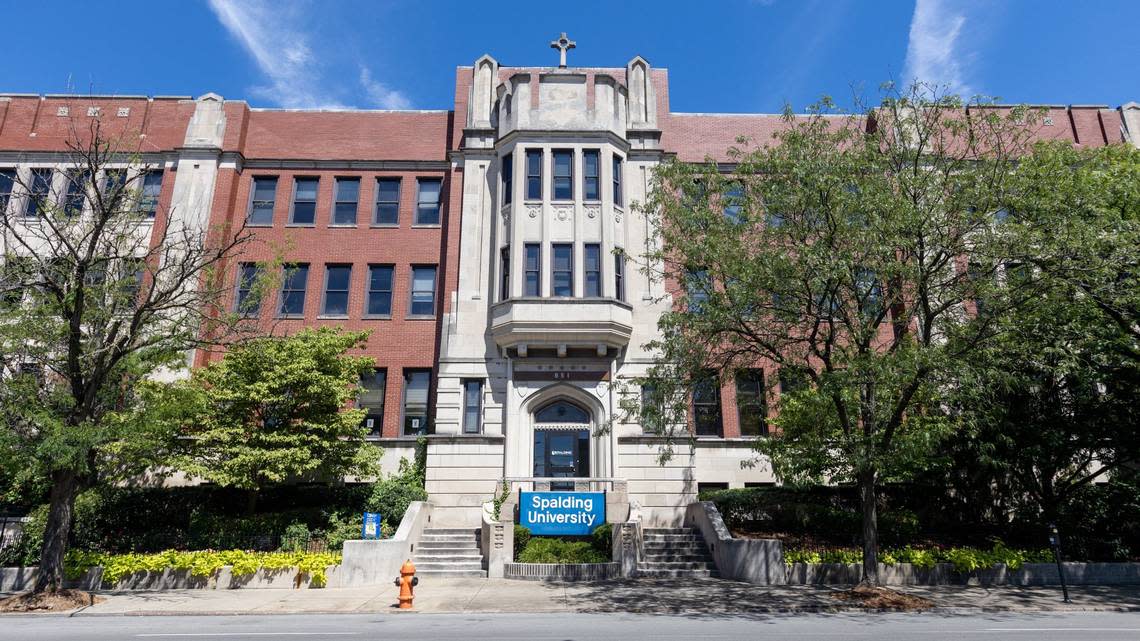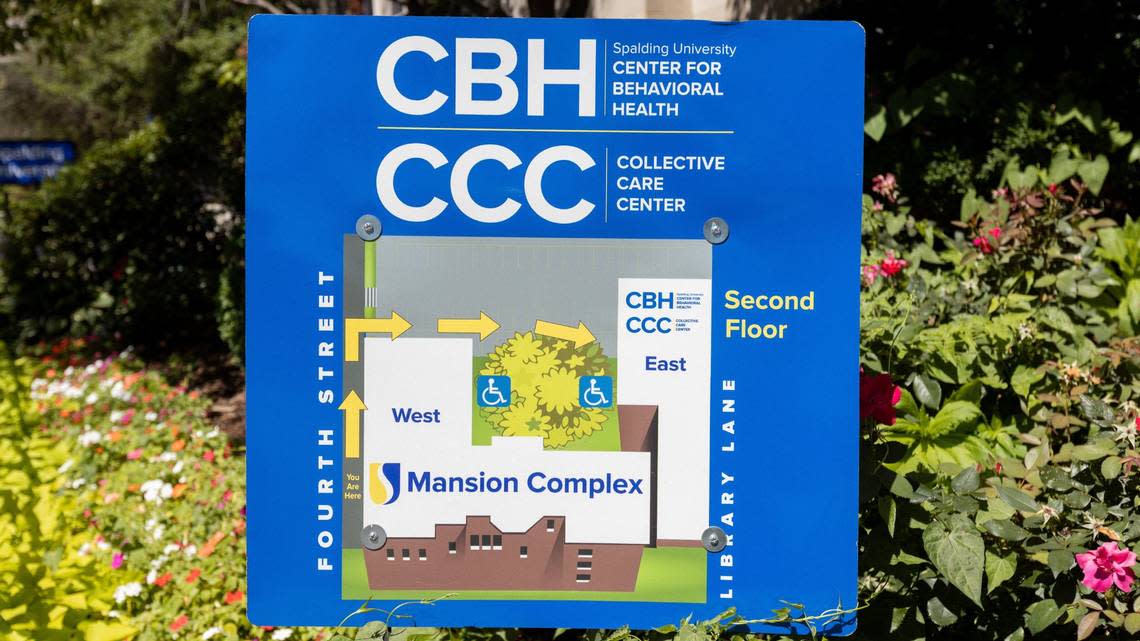Community college students face unique mental health needs. Here’s how KY schools address them.
The student bodies at Kentucky’s community colleges look vastly different from the traditional makeup of four-year universities
That means the mental health needs of students are unique, too, administrators say.
Some students at community college are traditional students attending right after high school, but the population is more diverse. Many are parents, caregivers, older students or students pursuing a second career.
It can also include students facing homelessness or food insecurity, said administrators at the two largest community colleges in the state, Jefferson Community and Technical College and Bluegrass Community and Technical College.
“We have so many different students,” said Anita Nelums, director of counseling services at BCTC. “We don’t just have traditional freshmen. We have second-career people, we have elderly people who have put their families through school and now it’s their turn. We never know who’s coming in our door.”
Anxiety and depression are prevalent concerns on most of Kentucky’s college campuses, but community college students face those challenges for different reasons than four-year university students.
A report from the Healthy Minds Network, which sampled data from students at the 16 Kentucky Community and Technical College System schools during the winter 2024 academic term, showed 49% of students have been diagnosed with anxiety in their lifetime and 43% have been diagnosed with depression in their lifetime.
Kimberly Duell, the assistant vice president of student affairs and enrollment for JCTC said their student body is comprised of parents and caregivers.
The Healthy Minds survey showed that the majority of KCTCS students are older than the traditional college student — about 60% are between the ages of 23 and 41.
And the Healthy Minds survey reported 15% of students in KCTCS said they have a place to live today, but they worry about losing it in the future.
In that same survey, 33% of students said it was “sometimes true” they worried food would run out before they had the money to buy more.

To address student needs, Duell has bi-weekly check-ins with the therapy staff to better understand the needs of the students at the time. The demand for mental health services has also increased over the past years, and JCTC is adjusting to meet the growing need.
Since the COVID-19 pandemic, JCTC has increased its counseling staff from one to four therapists.
“My responsibility is just to make sure that they’re comfortable, that they have what they need so that they can service our students accordingly,” Duell said.
An additional service offered by JCTC is The Hub @ Jefferson, which “aims to remove non-academic barriers to college success and contributes to educational attainment for all students,” according to their website.
The Hub offers a multitude of resources to students including access to a food pantry, a Student Emergency Fund and a clothing closet. Students can complete the form available on the website to request a one-on-one appointment with a Hub Student Success Coordinator.
Nelums said the time frame for learning how to deal with an issue is not the same for everyone, and many students don’t learn how to handle certain issues until they’re in college.
“It’s the same stuff we all deal with, we may have just learned how to deal with it a little bit better at this point,” Nelums said, “Or, it might be that they’ve never felt good at school and now they’re in college and they’re trying to figure out how to navigate all this.”
Duell said that it takes some more encouragement for some students to seek help than others due to the unique situations that they face.
“Sometimes they have to take some baby steps,” Duell said. “They might have to listen to some information, they might have to be bought in before they go and say, ‘Okay, I think I’m ready,’” Duell said.

Leaders at JCTC and BCTC recognize that non-traditional students have different needs than traditional college students, and each school does what it can to make students feel understood about their needs.
“Oftentimes they won’t ask for help because they think we think they already know,” Nelums said. “What we understand is that we don’t all get to the same place at the same time.”
Duell made a similar point about JCTC, adding that some students want support but don’t know where to begin.
The Healthy Minds survey supports those perspectives. When asked if they believed they needed mental health services in the past 12 months, 24% of students said they strongly agreed, while 19% agreed and 18% somewhat agreed.
Similarly, 24% of students said they strongly agree that they are in current need of help with their mental health, while 24% agreed and 27% somewhat agreed.
Both Duell and Nelums have recognized the decreasing stigma surrounding mental health and how that has helped open doors for their students.
“I think, as a culture, the world is doing better about the stigma,” Nelums said. “I think the stigma is starting to go away because we’re talking more about mental health.”






